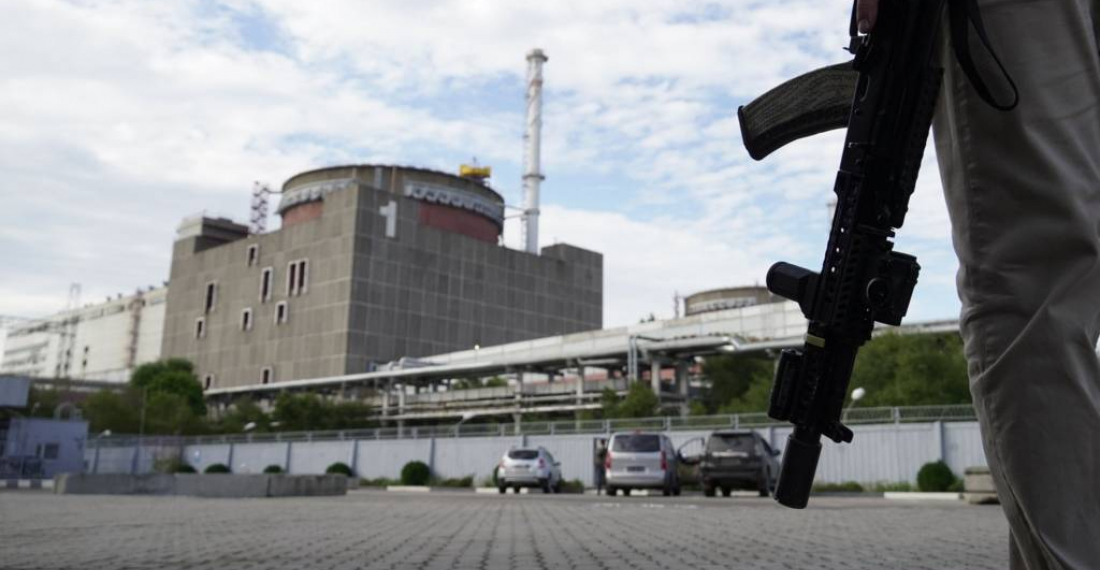The International Atomic Energy Agency (IAEA) reported on Monday (21 November) that shelling over the weekend has damaged radioactive storage facilities near the Zaporizhzhia power plant in Ukraine.
It is still unclear whether Russia or Ukraine is responsible for the shelling, but the Director General of the IAEA, Rafael Grossi, has voiced concerns about the damaged radioactive storage facilities, noting on Sunday (20 November) that it is a matter of luck that the shelling has not resulted in a “serious nuclear incident”, and that “next time, we may not be so lucky”.
The recent shelling of the Zaporizhzhia nuclear power station reminds many of the worst nuclear accident in history: the Chernobyl nuclear meltdown in April of 1986. However, following this weekend’s shelling, the IAEA has claimed that radiation levels near the power station are still at normal levels, and that the shelling has not resulted in any casualties.
The Zaporizhzhia power station is the largest nuclear power station in Europe, and has been under Russian control since March of this year following its full-scale invasion of Ukraine in February. Russia has on several occasions been accused of deliberately striking critical infrastructure in Ukraine, including energy and water infrastructure.
Before the Russian invasion, the power station generated approximately 20% of Ukraine’s electricity but its reactors have since been shut down. Meanwhile, there are grave concerns that its cooling systems might be left inoperable as previous shelling strikes have repeatedly damaged power lines surrounding the plant, which could lead to overheating nuclear waste and a possible nuclear incident.






